Why make compost?
Compost is an organic material created by the decomposition of our daily waste. Composting is an ecological and economical action with great benefits for your garden.
But what are they? First, creating compost is a way to recycle your waste. All the organic waste that could have gone to the trash will go to your compost. By limiting your waste production, you then participate in reducing the pollution caused by garbage collection.
But compost is also the best natural fertilizer for your plants, forget expensive and superficial chemical fertilizers, compost brings the best nutrients to your garden. It contains humus and fertilizers which are released slowly, so your garden is constantly nourished and according to its needs.
Deposited at the foot of your plantations, this natural fertilizer enriches and nourishes your soil and therefore your plants, it improves the structure of your soil.
Indeed, a soil fed with compost becomes more spongy, it better retains the humidity and nutrients necessary for the growth of your plants. Compost helps stabilize the pH of your soil and limits erosion, so your plants are more resilient and thrive best in your garden.
Compost is therefore ideal for your garden, the planet but also for your wallet, it allows you to reduce your expenses for watering, fertilizer and waste collection.
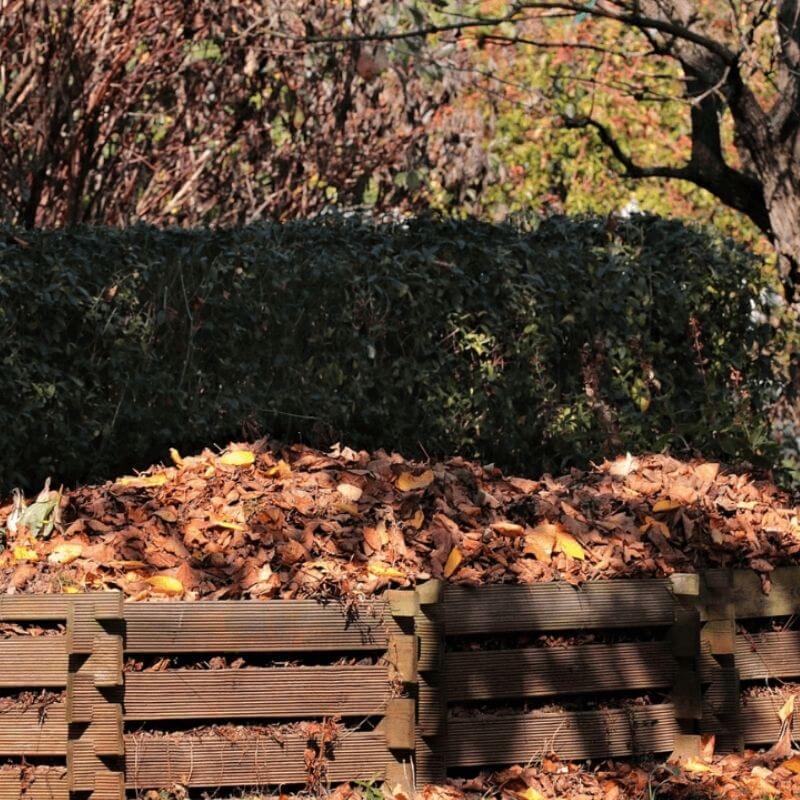
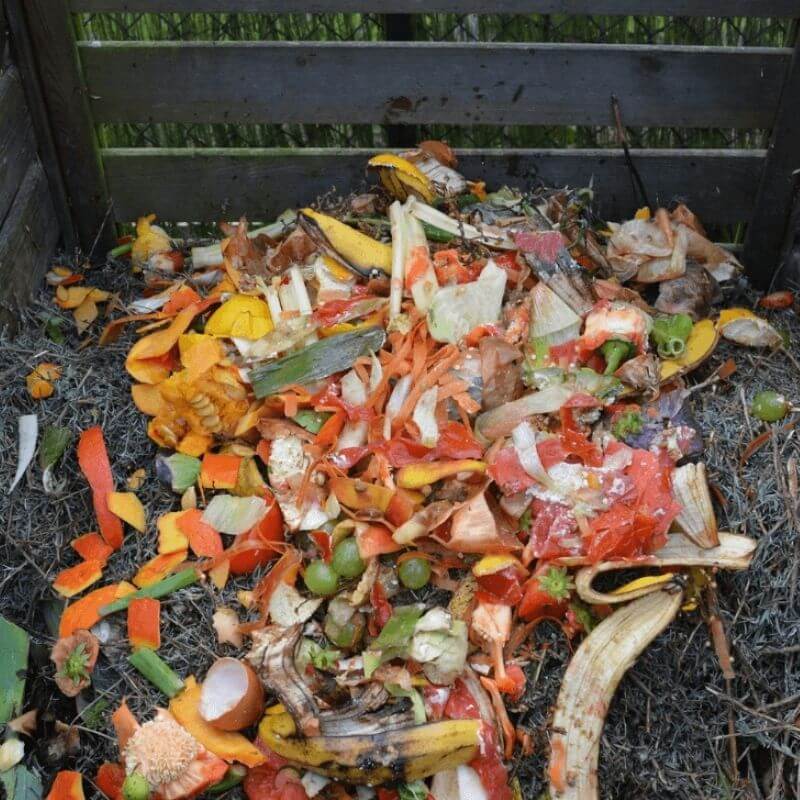

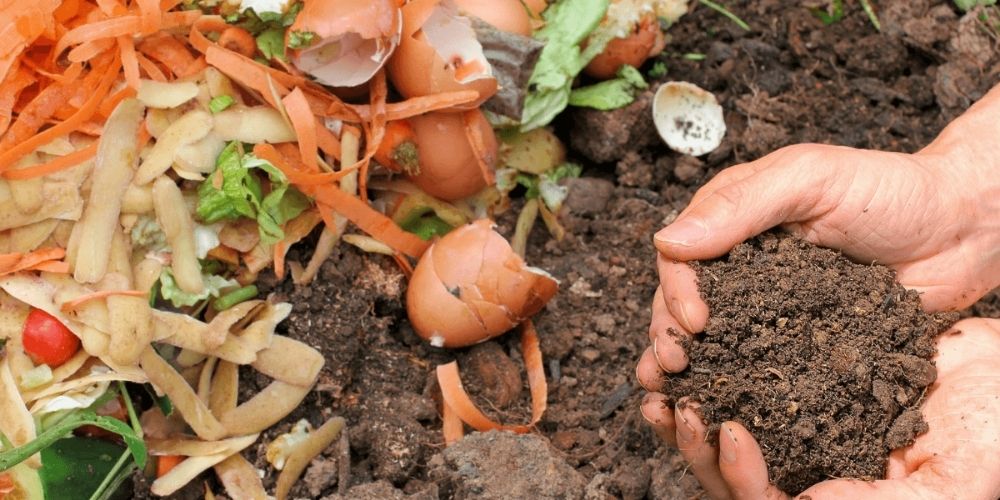
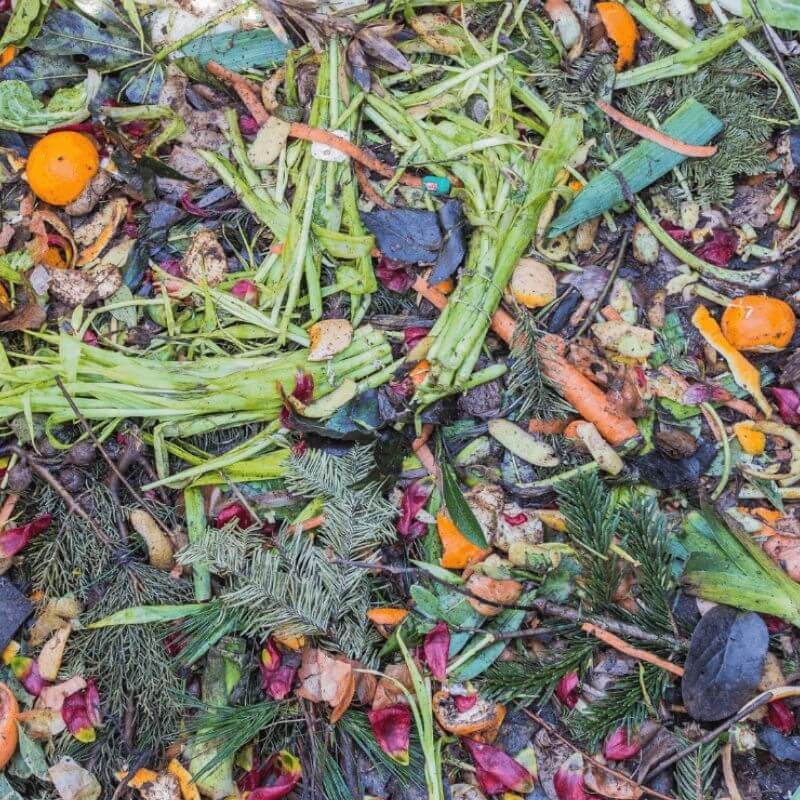
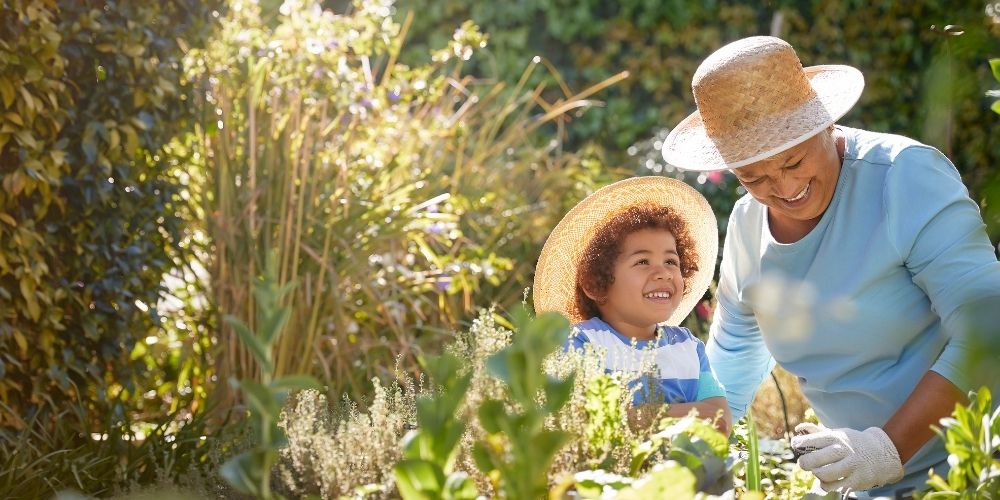

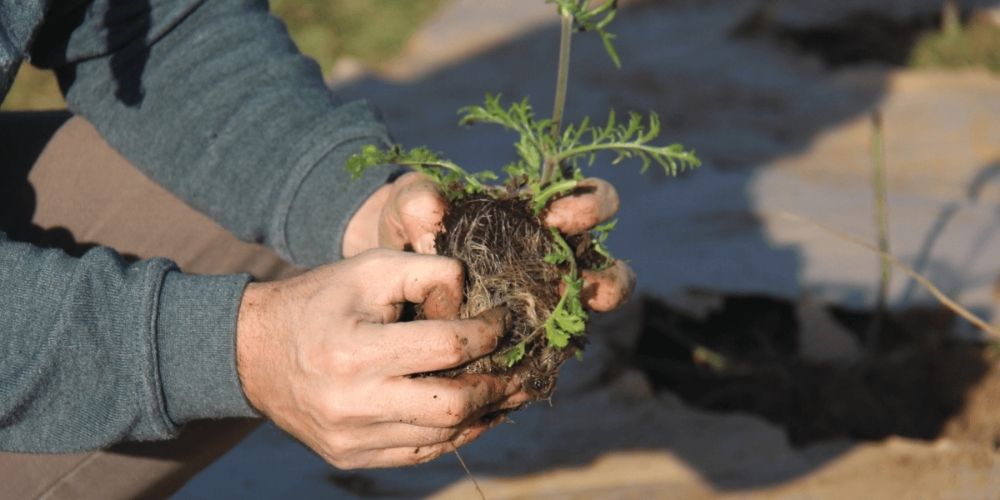




Share